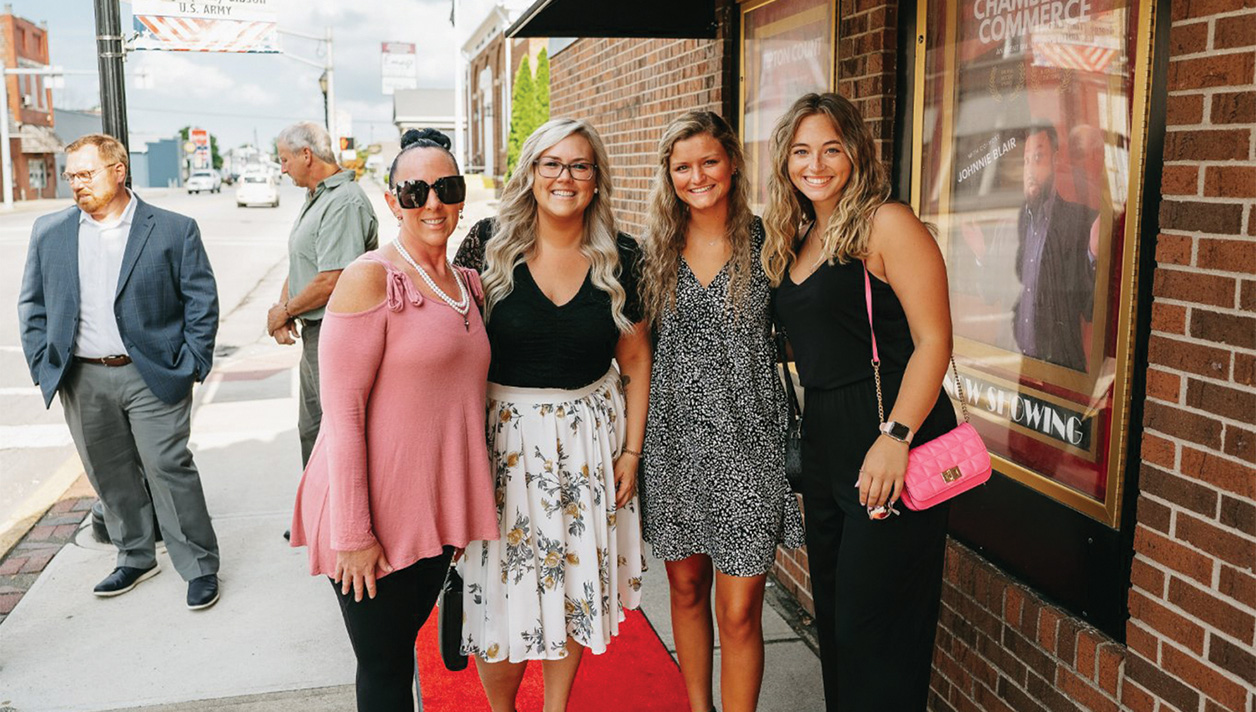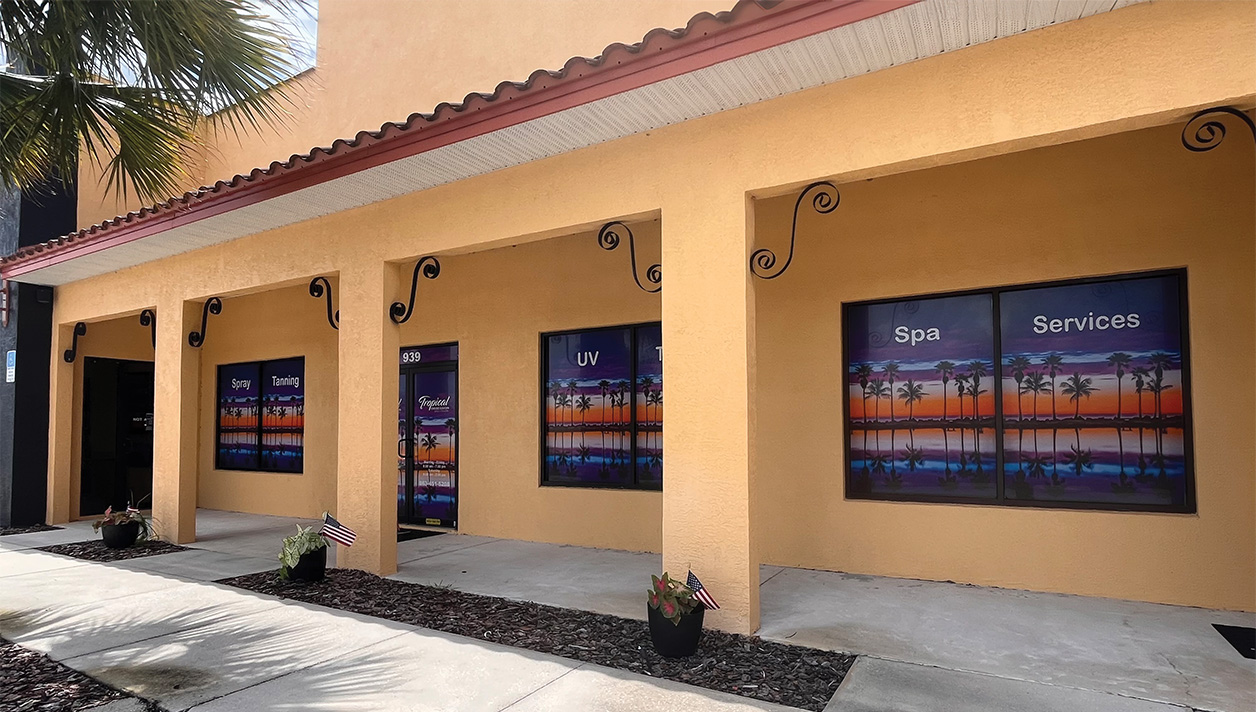In•san•i•ty
noun
something that is very foolish or unreasonable; extreme foolishness or irrationality
Albert Einstein defined insanity as “Doing the same thing over and over, expecting a different result.” This word can certainly be used when referring to the indoor tanning industry. I’ll get back to that shortly; let’s fast-forward for a moment.
You may have read John Overstreet’s “ITA Update” in the August 2016 issue of IST. The Executive Director offered great insights as to the ITA/ASA’s ongoing efforts (and recent June meeting) to provide the Food and Drug Administration with a greater understanding of our industry’s function. This comes at the crossroads of the FDA’s review of tanning regulations and perhaps, even stricter legislation.
Of special significance was the ITA’s sharing of data showing a decrease in the number of both tanning salons and tanners over the last few years, and the fact that the economic impact may not have factored in current data will come into play with even greater restrictions. For example, the FDA has relied on information that there are 30 million people who tan indoors. Doubtful, I’m sure you’ll agree.
So, as our industry leaders seek to work with the FDA, one might think that we’re doing our best to operate within the guidelines and laws currently in place. Perhaps even show them the great strides we’ve made in providing salon operators with training programs that harmonize with state and federal codes, such as Sun is Life® Training & Certification. Well, we could be/should be doing much better in that department.
This past April, an equipment manufacturer reached a $5.3 million settlement with the Federal Trade Commission over claims that consumers could “slash their cancer risk” by using their equipment. This company also agreed to stop selling tanning equipment as part of the settlement. According to a report on Law.com, “This order should send a signal to the entire industry,” said Janet Evans, FTC senior attorney with its advertising bureau. Well yes, Ms. Evans, it should. But some still don’t get the message.
A quick web search of tanning product manufacturers found a “wellness” company marketing home tanning beds to “obtain vitamin D naturally.” Texas and New York have already begun litigation against salons making health claims – and some salons have ultimately had to pay large fines. Despite these fines, estimates suggest that over 200 tanning salons and/or chains are still making health claims. Why?
Well, our industry is certainly a beleaguered one. Attacks by anti-tanning advocates, restrictive laws, and the Tan Tax certainly laid the grounds for the “gut reaction” of touting the health aspects of vitamin D3 obtained from UV exposure. Let’s get this straight. No one at IST Magazine (and certainly not this writer) points to this as “schlock science” or shoddy, unfounded research. Dr. Michael Holick led the charge to allow us and the public a greater understanding of the health benefits from UV exposure. However, for over 40 years, the FDA has listed sunbeds and sunlamps as cosmetic devices. That’s what salons have provided over that timeframe: cosmetic tanning from controlled UV exposure delivered according to skin type and with timers that minimize risk of overexposure and sunburn. Marketing and advertising claims to the contrary have been and are currently monitored by the FTC.
Occasionally, reports and surveys from health magazines and websites illustrate these claims, which directly implicate them as deceptive marketing. Many salons have been in business for decades without making such claims. They thrive with unique marketing and advertising, by offering state-of-the art equipment and services combined with superior customer service.
Einstein was brilliant and on the mark with his aforementioned quote. Instead, I suggest following Spike Lee’s advice: “Do the Right Thing!”


























